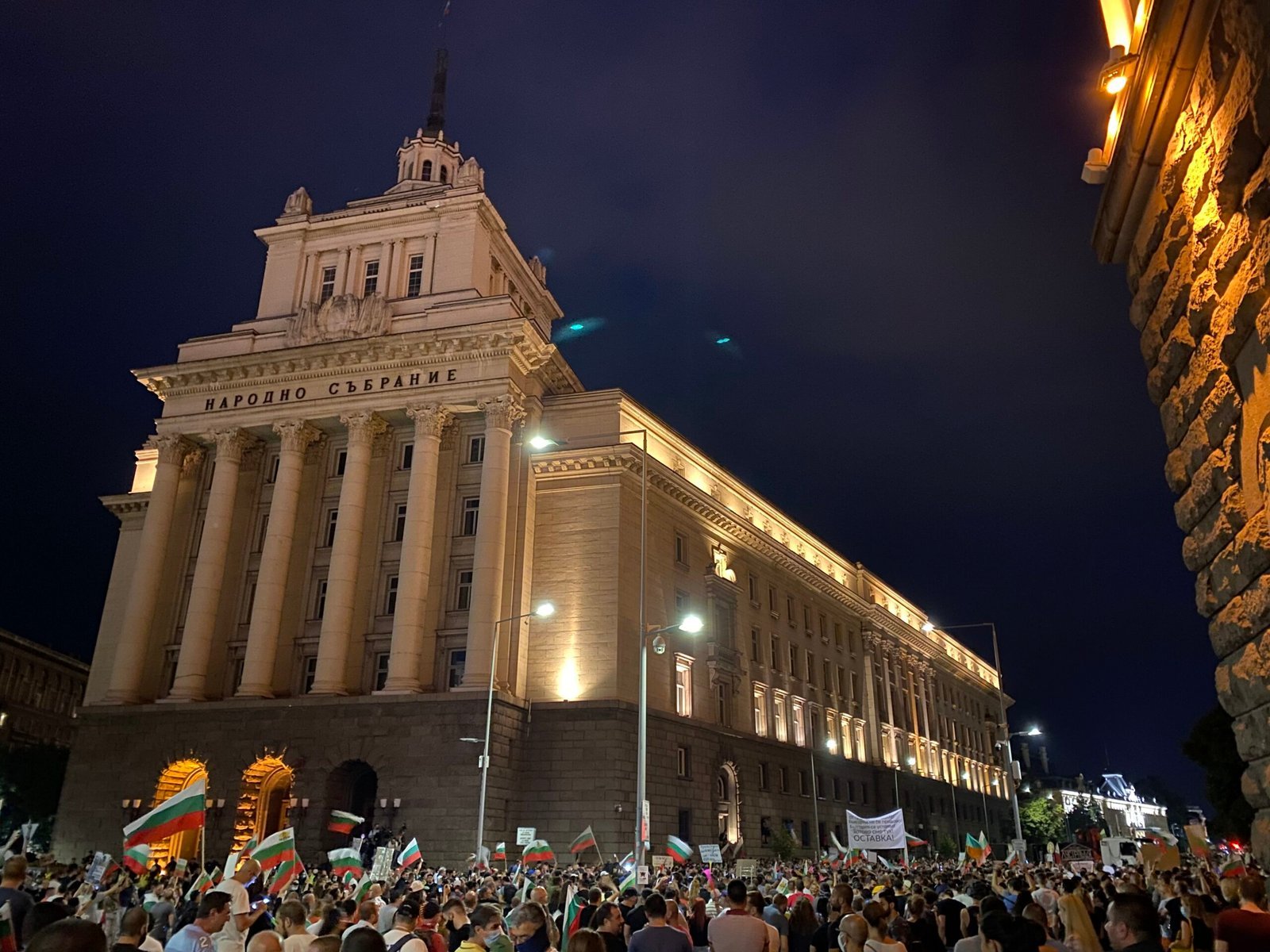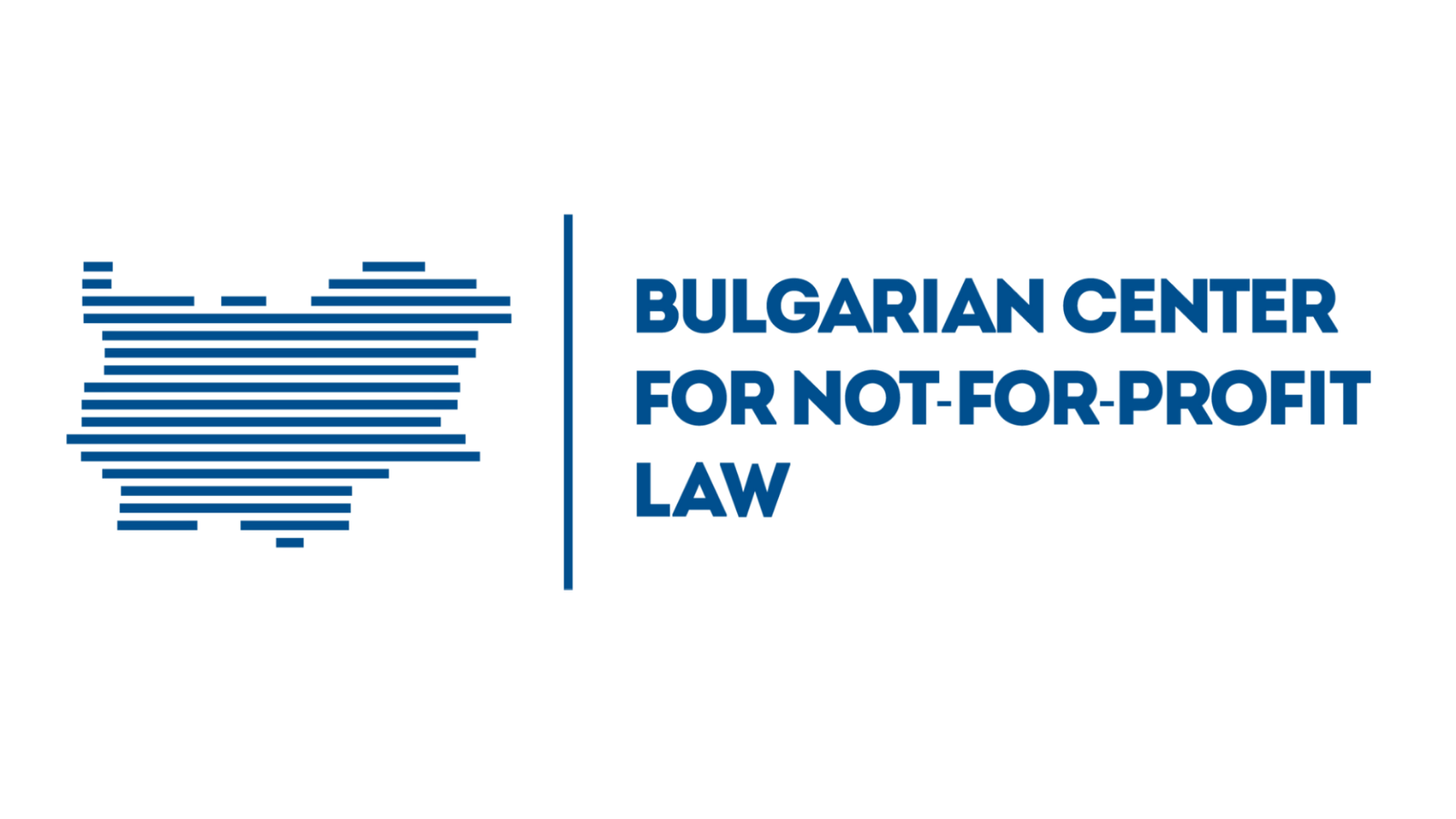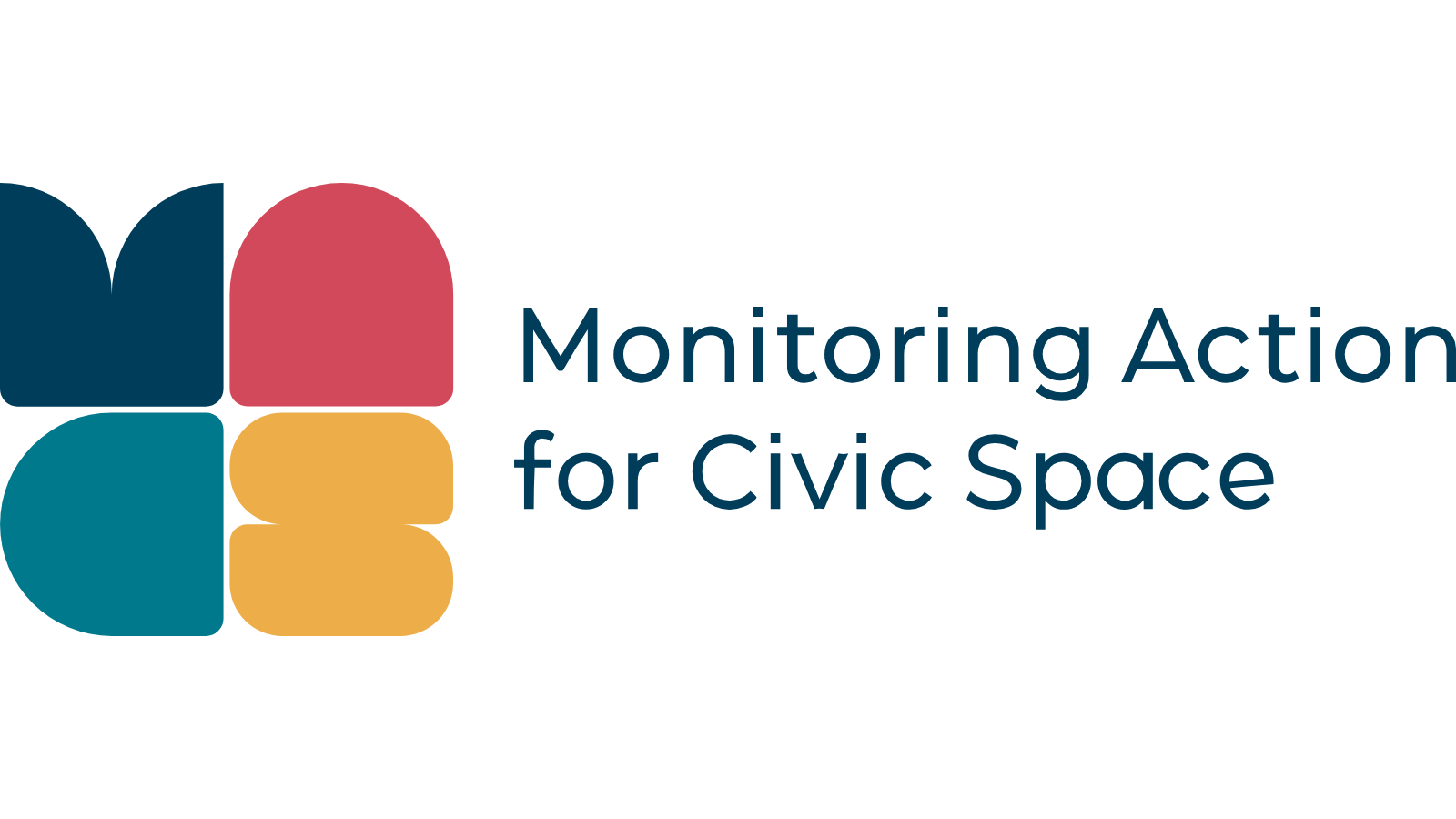BULGARIA: Change in law limits residence permits for non-EU citizens engaged in civil society work
On 18 June, the Bulgarian parliament passed an amendment to the Foreigners in the Republic of Bulgaria Act, eliminating the possibility for non-EU citizens to obtain long-term residence permits based on their intention to carry out non-profit activities. The amendment is specifically for the removal of non-profit activities as grounds for non-EU citizens to obtain a permanent residence permit. Non-EU citizens are not prohibited from establishing CSOs or from working in the civil society sector with a labour contract. However, the amendment limits non-EU citizens from obtaining permanent residency for being a director of a CSO without a work contract and becomes discriminatory as there is an option for permanent residency for religious activities, self-employment or work, but not for non-profit activities.
Although the government cited the low number of applications (just 486 since 2002) as a justification for the amendment, an MP from the majority GERB party openly argued that the change aims to stop foreigners from using not-for-profit organisations as a route to residency. This rationale raises concerns about discrimination and disproportionate restrictions and mirrors the hostile narrative that CSOs are abused either for illegal stay in the country, without any actual evidence for that. The amendment not only narrows the possibilities to engage in CSOs and public participation and narrows civic space for non-EU citizens in Bulgaria, but also creates legal uncertainty for non-EU nationals who have already obtained residence permits under this provision, as no clear transitional rules or safeguards have been introduced to clarify their status.



